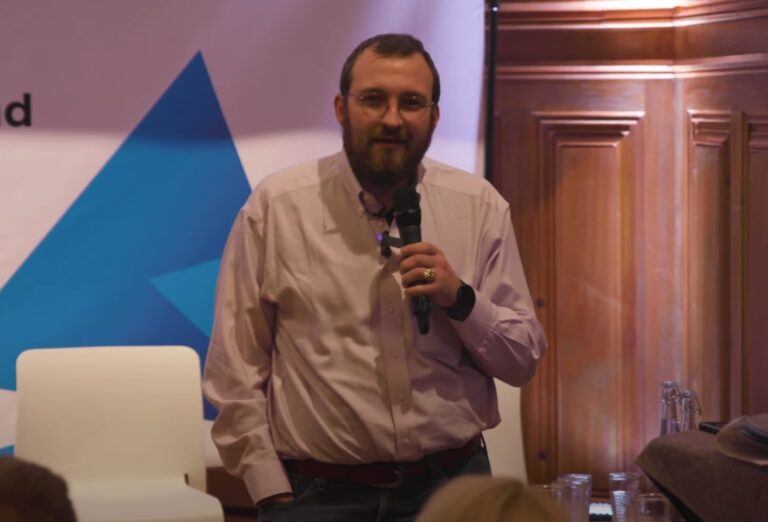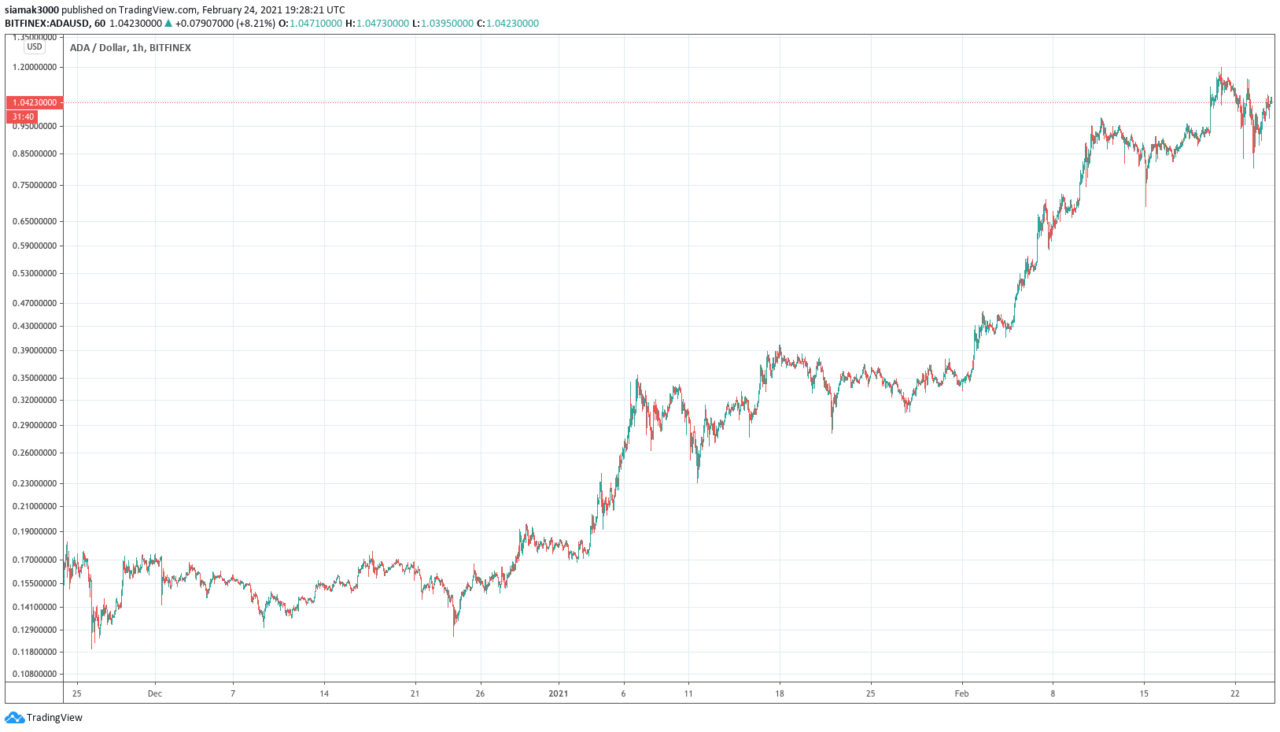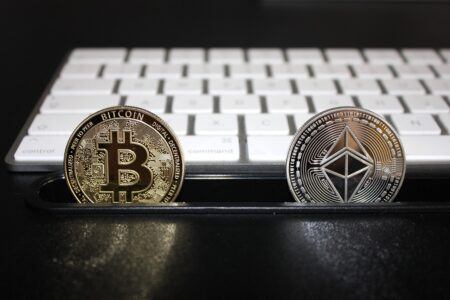On Wednesday (February 24), IOHK, the company developing the Cardano (ADA) protocol, announced that the “Mary” protocol update (which will require a hard fork) will be applied to the mainnet on March 1.
The “Mary” protocol update is an important part of the rollout of phase 3 (“Goguen”) of Cardano’s development. As the Cardano roadmap explains, “where the Shelley era decentralizes the core of the system, Goguen adds the ability to build decentralized applications (DApps)”.
The Goguen era is more than just about adding support for smart contracts:
“Goguen will also see improvements to the core Cardano offering. Most significantly, the addition of a multi-currency ledger will extend the usefulness of Cardano even further, enabling users to create new natively-supported tokens. This will allow the creation of fungible and non-fungible tokens, supporting the creation of new cryptocurrencies on Cardano as well as the tokenization of many types of digital and physical assets.“
As you probably know, ADA, the native token of Cardano, is named after Ada Lovelace — the daughter of the English poet and politician Lord Byron — who is “believed by some to be the first to recognise that the machine had applications beyond pure calculation, and to have published the first algorithm intended to be carried out by such a machine.”
Here is what IOHK said about this protocol update in a blog post published on February 4:
“The Goguen ‘Mary’ update – named after author Mary Shelley – introduces the ability to create user-defined tokens. These custom tokens will be ‘native’, so they can be transacted directly on the blockchain, just like ada. While ada will remain Cardano’s principal currency, Cardano will transform into a multi-asset (MA) blockchain, opening up a constellation of possibilities. This MA capability will become a fresh development fulcrum for developers worldwide, further widening Cardano’s reach and potential...
“Cardano has undergone several development stages, and the quest is far from over. Goguen is happening now. We’re seeing the early steps toward Voltaire now with Project Catalyst, and Basho will follow. Each stage brings Cardano’s journey closer to its ultimate destination: True decentralization and scalability, utility, and sustainable governance. And each stage will use the combinator, a tried and tested technology, to power the transition. We first used it for the Byron to Shelley upgrade, proving the combinator’s effectiveness in achieving a seamless transition. Allegra, which introduced token-locking in December, used it, too, as will Cardano’s next development stages.“
And on February 18, Cardano Foundation’s Elliot Hill explained in a Medium post what the impact of the Mary hard fork will be on the Cardano ecosystem:
“The important thing to remember is that while smart contracts are arriving shortly — and will form an important part of our ecosystem — they are not required to create a native token on Cardano. This means that as soon as the Mary hard fork is complete, you can create a user-defined native token on Cardano and begin using your newly created assets.
“Native assets could be used to mint non-fungible tokens, or ‘NFTs’, which can be used to represent a huge range of unique real-world and digital assets. For example, an NFT could be minted which represents a fractional equity stake in a forestry biodiversity initiative. This could be traded on digital asset exchanges, and held by those looking to offset their carbon footprint via the Cardano blockchain.
“Alternatively, a Cardano-based native NFT could be used for creating a unique work of digital art 71 stored on the blockchain forever. Such NFTs have seen growing popularity among blockchain enthusiasts 34, with utility in both online gaming and the world of collectibles.
He then went on to say that the ability to create native custom tokens — “representing stablecoins, wrapped assets, and lending protocol utility tokens” — will be “instrumental in bringing the world of DeFi to Cardano.”
According to data by TradingView, currently (as of 19:27 UTC on February 24), ADA is trading around $1.04, up 16.64% (vs USD) in the past 24-hour period and up over 474% (vs USD) in the year-to-date period.
The views and opinions expressed by the author are for informational purposes only and do not constitute financial, investment, or other advice.









